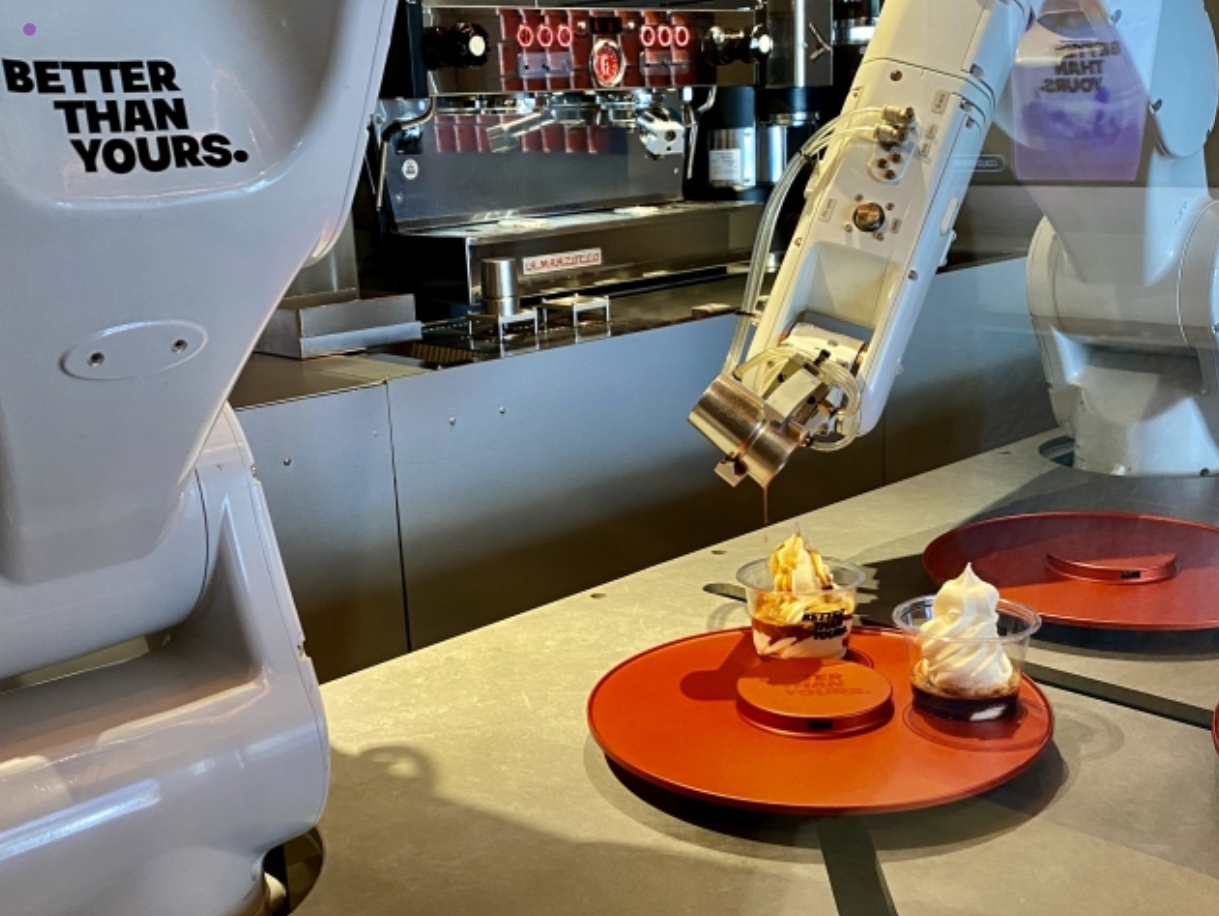The South Korean food service industry is undergoing a significant transformation with the introduction of robotic technology. This innovative movement is gaining attention for its potential to increase efficiency and address labor shortages.
Key Trends
- Automated Cafes: “Better Than Yours” in Seoul’s Seongsu district is a fully automated 24/7 cafe operated by robot baristas, offering competitive pricing through precise cost calculations.
- Franchises Adopting Robots: Major chicken franchises like Kyochon F&B and BHC are introducing robotic chefs to automate cooking processes.
- Expansion into Mass Catering: Rest stops and large-scale catering companies are implementing robotic cooking systems.
- Government Support: The government aims to foster 30 robotics technology startups by 2027 and achieve $2 billion in exports, supporting industry development.
Expected Benefits
- Addressing labor shortage issues
- Maintaining consistent quality
- Reducing operational costs
- Enabling 24-hour service provision
Future Outlook
Experts predict increased adoption of robotics in the food service industry due to labor market changes and technological advancements. This innovation has the potential to significantly reshape the industry structure in the coming years.As of 2020, South Korea’s food tech market was estimated at approximately 61 trillion won, with various innovations including robotic technology. Continued growth and development in this sector are anticipated.This trend reflects a broader shift towards automation and AI in the food service industry, positioning South Korea at the forefront of integrating cutting-edge technology into everyday dining experiences.
* Article source : https://www.koreaherald.com/view.php?ud=20241025050650


